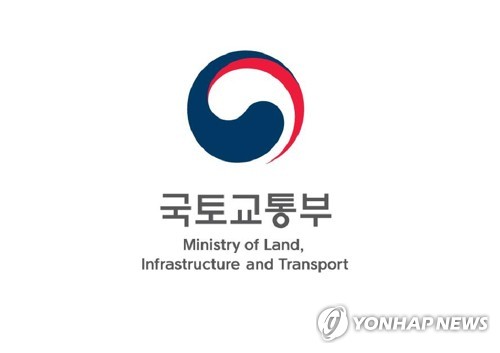
(Seoul=Yonhap Infomax) Dong Il Joo – The South Korean government announced plans to commercialize fully driverless Level 4 autonomous vehicles by 2027, beginning with the establishment of entire cities as autonomous driving demonstration zones starting next year.
The Ministry of Land, Infrastructure and Transport (MOLIT) stated on the 26th that, following a joint meeting with related ministries including the Ministry of Economy and Finance, it will designate entire cities as “autonomous driving demonstration cities” from next year.
In collaboration with other ministries, the government unveiled a roadmap aimed at positioning South Korea among the world’s top three autonomous vehicle powerhouses.
More than 100 autonomous vehicles will be deployed in each demonstration city to collect and analyze diverse driving data.
Previously, demonstration projects were limited to 47 pilot zones with restricted routes and coverage.
MOLIT also plans to establish a collaborative model involving both large corporations and startups. The government will expand support for autonomous bus operations in rural and transportation-vulnerable areas, aiming to enhance data accumulation and user experience.
Efforts to rationalize regulations are underway. With vehicle owners’ consent, video data collected from private vehicles will be processed and utilized in anonymized or pseudonymized form. Previously, the legal basis for collecting and using such video data was unclear.
From next year, original (non-pseudonymized) video data will be permitted for R&D purposes to improve autonomous driving recognition accuracy.
The temporary operation permit system will also be improved. While only autonomous vehicle developers could previously obtain temporary permits, transportation operators such as bus and taxi companies will now be eligible.
The scope of “fast-track permits,” previously limited to vehicles with steering wheels and pedals (Type A), will be expanded to include all types without steering wheels and pedals (Types B and C). Detailed safety standards for temporary operation will also be established.
Additionally, autonomous driving will be permitted in protected zones for vulnerable road users, provided safety measures are in place. The scope of safety standard exemptions will be extended beyond pilot zones. Authority to designate pilot zones will be delegated from the MOLIT Minister to local city and provincial governors.
Special regulations for remote driving will be introduced in the first half of next year, with future legal amendments to follow based on demonstration results.
Technology and Core Component Support – Clarifying Liability in Accidents
MOLIT, together with the Ministry of Science and ICT and the Ministry of Trade, Industry and Energy, plans to secure and support dedicated GPUs for autonomous vehicles. From 2029, the government will establish AI learning centers to actively support R&D for autonomous driving companies.
The Ministry of Trade, Industry and Energy and the Ministry of Science and ICT will support the development of end-to-end (E2E) technology, enabling AI to make autonomous decisions and controls based on learned data.
The government will also develop vehicle platforms and core components such as semiconductors tailored for autonomous vehicles, aiming to build a domestic production network.
To secure integrated platforms applicable to various vehicle types, the Ministry of Trade, Industry and Energy will support the development of software-defined vehicles (SDVs), where all vehicle functions are controlled by software.
Support will also be provided for the development of high-performance AI accelerator chips and ultra-fast communication semiconductors to enhance data processing capabilities in autonomous vehicles.
To facilitate international joint research, the Ministry of Trade, Industry and Energy will simplify export reviews for national core technologies. The Ministry of Education will increase and allocate student quotas for universities and graduate schools aiming to nurture talent in advanced fields.
On the regulatory front, MOLIT will establish an accident liability task force (TF) from next year to discuss compensation structures for autonomous vehicle accidents.
A joint consultative body involving the government, autonomous driving industry, and taxi sector will discuss measures to ensure a smooth transition for the taxi industry as autonomous vehicles are commercialized.
Given the current ambiguity regarding sanctions for fully driverless vehicles, the National Police Agency will introduce a legal concept of a responsible entity for autonomous vehicle operation management by next year.
Compliance requirements for operators, manufacturers, and other stakeholders will be defined, and criminal and administrative sanctions for violations will be clarified.
The Ministry of Justice and the Fair Trade Commission will ease requirements for defect presumption and introduce a court-ordered disclosure system for manufacturer data upon victim request, reducing the burden of proof and ensuring realistic manufacturer liability.
Previously, victims faced difficulties in proving damages caused by defects in driverless autonomous vehicles.
diju@yna.co.kr
(End)
Copyright © Yonhap Infomax Unauthorized reproduction and redistribution prohibited.

